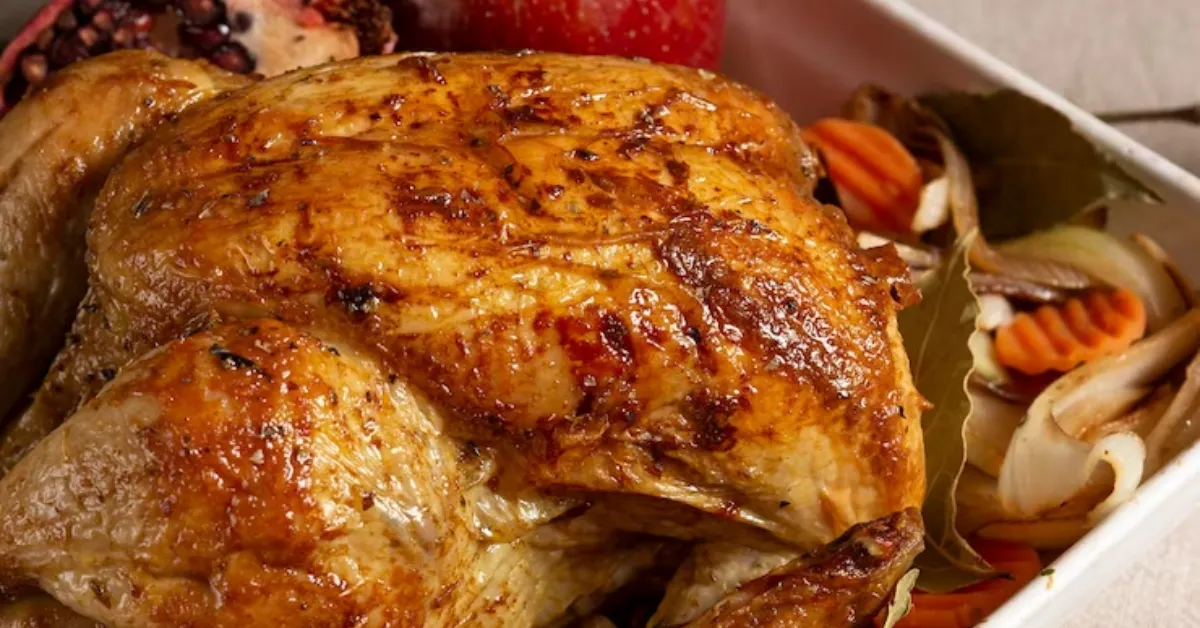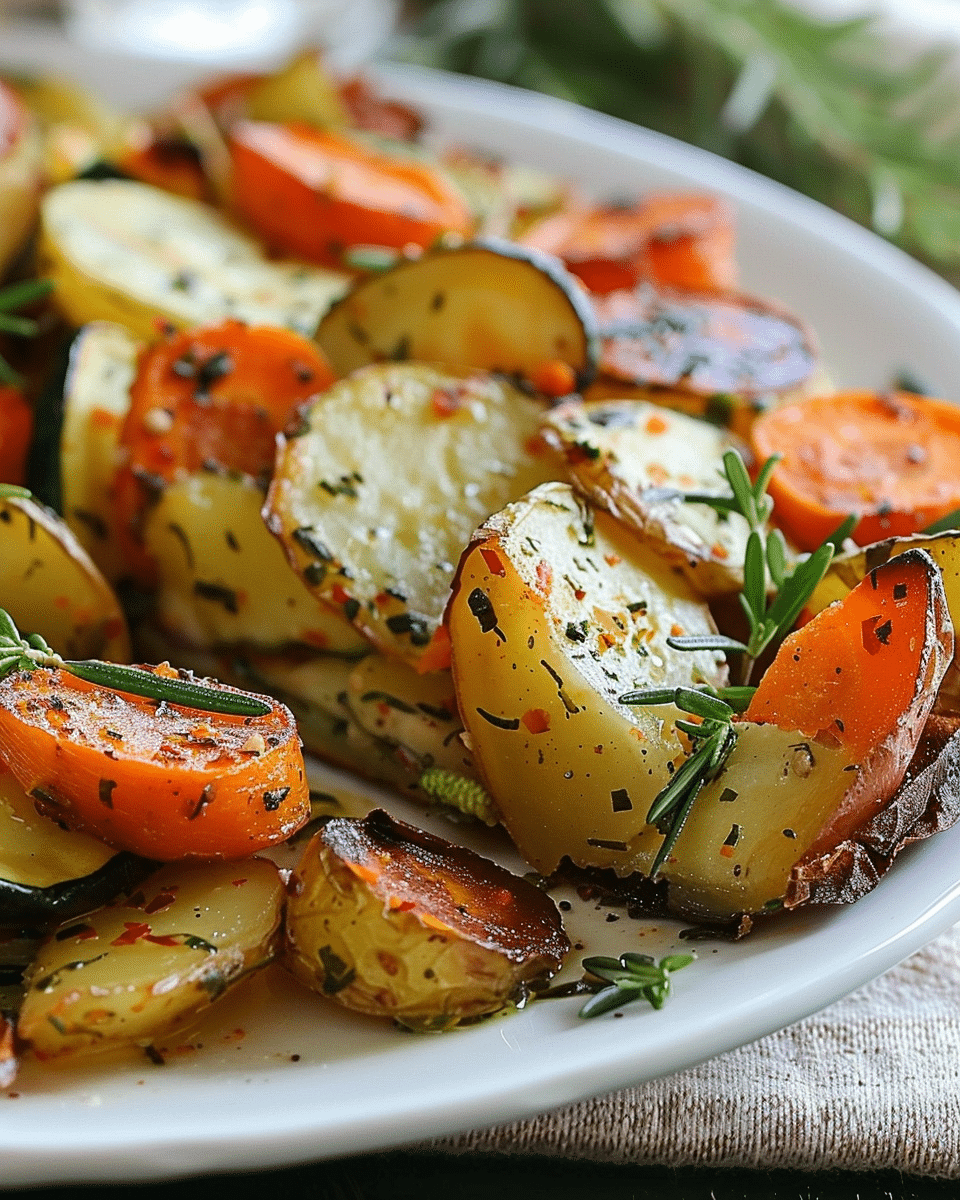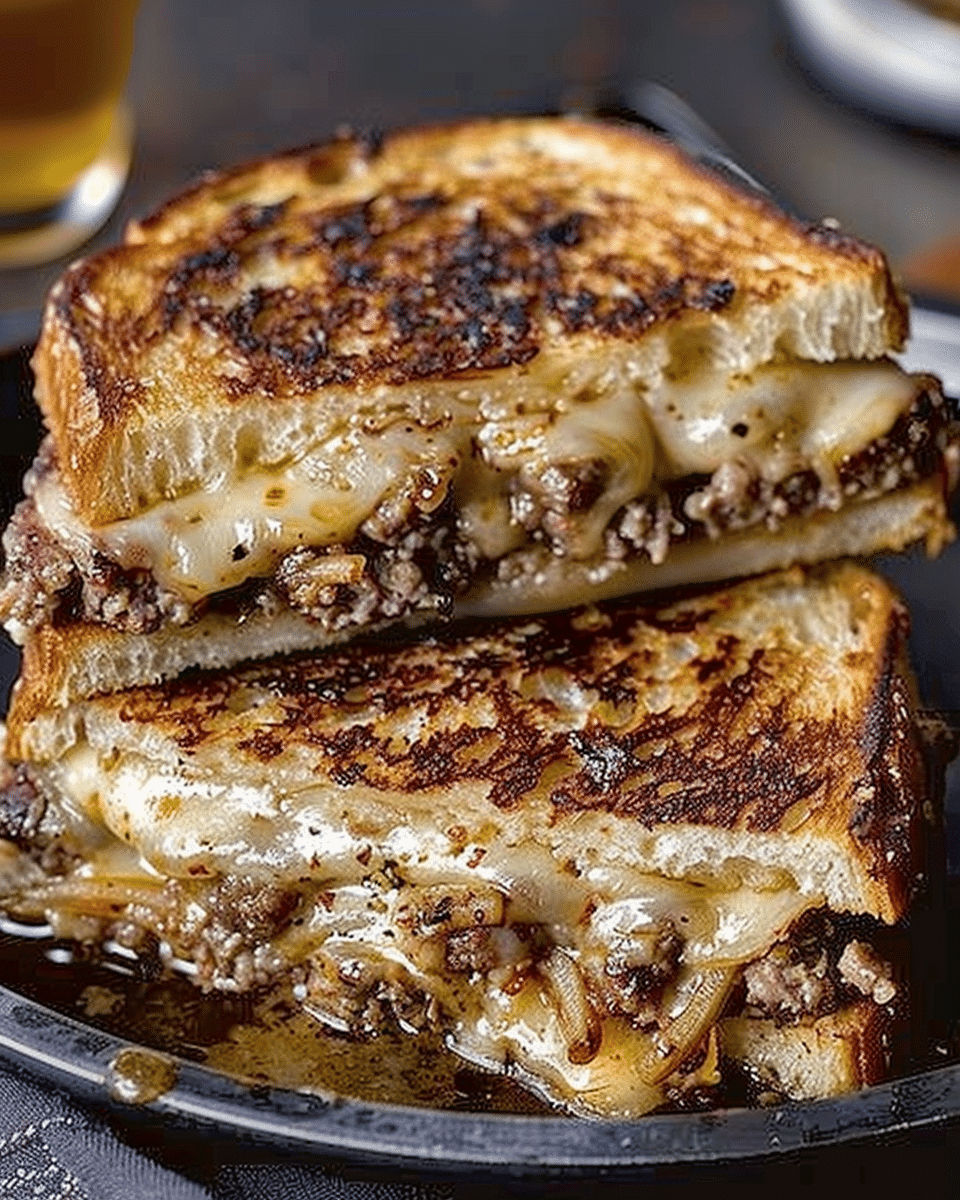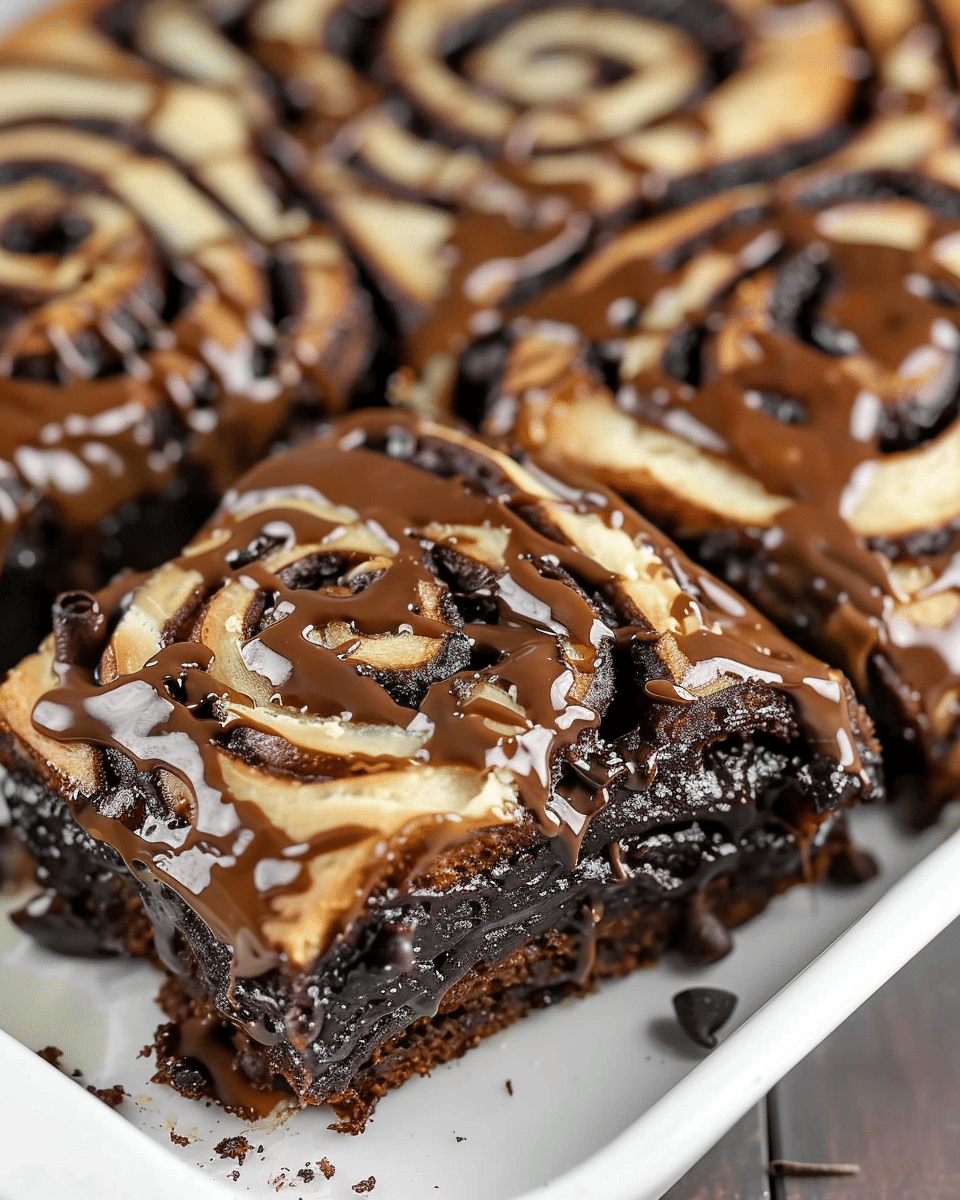Every once in a while, a culinary gem emerges that captivates our palates and leaves us longing for more. One such gem is the Cornish hen. Despite its name, it’s not just a delicacy reserved for those in Cornwall but has spread its wings across various world cuisines. In this segment, we’ll delve into what makes the Cornish hen so special, its historical origins, and the importance of selecting the finest ingredients for a scrumptious Cornish hen dish.
If you’re a vegetarian or looking to explore more vegetarian dishes, check out our guide: top vegetarian dinner choices for tonight.
Introduction: What Makes Cornish Hen Special?
At first glance, Cornish hens might seem like your typical poultry, but there’s more to these birds than meets the eye. Their tender, flavorful meat is a delight for those who seek a richer experience than the regular chicken. The smaller size of Cornish hens makes them perfect for individual servings, allowing each person to indulge in their own bird during festive occasions or gourmet dinners.
A Glimpse into the History of Cornish Hens
The Cornish hen’s journey began in Cornwall, England, from which it derived its name. Though the breed itself has been around for a while, it was only in the mid-20th century that it made its debut in American culinary circles. As time progressed, chefs and home cooks alike began to appreciate its tender meat and versatility, adapting it to various cooking styles and infusing it with flavors from around the globe.
Importance of Choosing the Right Ingredients
The essence of a perfect Cornish hen recipe lies in the quality of its ingredients. Here are some guidelines for those eager to master this dish:
- Selecting the Hen: Always choose fresh over frozen. Organic, free-range Cornish hens often offer a superior taste and are free from unwanted additives or hormones.
- Herbs and Spices: Fresh herbs, such as rosemary, thyme, and sage, accentuate the natural flavors of the meat. Likewise, spices like garlic, onion powder, and paprika can elevate the dish to gourmet levels.
- Marinades and Sauces: Whether you’re going for a zesty lemon-herb marinade or a rich wine reduction sauce, always opt for high-quality, fresh ingredients. Remember, a great marinade can transform your dish, making every bite a symphony of flavors.
- Accompaniments: The beauty of a Cornish hen recipe is its adaptability. It pairs well with a range of sides, be it creamy mashed potatoes, roasted veggies, or a refreshing salad. Choosing the right side can complement and even elevate the overall dining experience.
In the world of poultry, Cornish hen stands out as a delicate, flavorful choice that promises a luxurious dining experience. Whether you’re a seasoned chef or a culinary novice, understanding the nuances of this bird can guide you to create dishes that not only satiate the hunger but also delight the soul.
Mastering the Cornish Hen Recipe
Cornish hen, often revered as the petite gourmet of poultry, offers a unique opportunity to impress your guests. The diminutive size, rich flavor, and delicate texture set it apart from the usual poultry dishes. Let’s delve deep into ensuring that your Cornish hen recipe is nothing short of perfection.
The Perfect Marinade for Juicy Hens
First and foremost, mastering the Cornish hen begins with the right marinade. The marinade not only flavors the bird but also ensures that the meat remains succulent throughout the cooking process. Opt for a balanced combination of acid, like lemon juice or vinegar, with herbs, spices, and a touch of oil. Tip: For an overnight marinade, avoid using too much salt as it can dry out the hen.
Seasonings: Blends that Elevate the Dish
Beyond the marinade, selecting the right seasoning blend is crucial. While salt and pepper are the traditional basics, consider enhancing your Cornish hen with blends such as herbes de Provence, rosemary-garlic, or even a spicy Cajun mix. Remember, the idea is to complement, not overpower, the natural flavors of the hen.
Roasting Techniques for the Ideal Crispness
Roasting is a favored method for Cornish hens, and rightly so. The key to a perfectly roasted Cornish hen is a combination of the right temperature and cooking time. Start your oven hot, at around 425°F (220°C) for the first 20 minutes to get that ideal golden-brown crispness. Then, reduce the heat to around 375°F (190°C) to cook the bird thoroughly without drying it out. Ensure that the juices run clear, signaling that it’s cooked to perfection. Pro tip: Baste the hen every 20 minutes with its juices or your marinade to retain moisture and flavor.
Pairing Sides: Making the Meal Complete
No Cornish hen dish is complete without the right sides. Think of light and flavorful options that complement the hen’s rich taste. Delicate salads, roasted vegetables, or creamy mashed potatoes make for delightful accompaniments. Or, for a touch of luxury, consider a truffle risotto or a saffron-infused pilaf.
In essence, mastering the Cornish hen recipe requires attention to detail, from marination to the final presentation. With the right techniques and seasonings, you’re well on your way to presenting a dish that’s not only visually appealing but also gastronomically delightful. Stay tuned as we explore variations and other aspects of this magnificent bird in subsequent sections.
Cornish Hen Recipe Variations
The versatility of the Cornish hen lends itself to an array of flavors, cooking methods, and cultural inspirations. If you’re looking to experiment or introduce a twist to the classic roast, here are some captivating Cornish hen recipe variations to tantalize your taste buds.
Grilling the Cornish Hen: A Smoky Delight
A grilled Cornish hen offers a delightful combination of smokiness and char. Here’s a simple way to achieve it:
- Preparation: Split the Cornish hen down the backbone to butterfly it. This helps in even cooking.
- Marinate: Use a blend of olive oil, lemon zest, crushed garlic, rosemary, salt, and pepper.
- Grill: On medium-high heat, place the hen skin side down for about 10-15 minutes until charred. Flip and cook the other side.
- Serve: With a fresh lemon-herb dressing or chimichurri sauce for an added zing.
The Slow-Cooker Method: Tender and Succulent
Slow cooking ensures that the Cornish hen remains juicy and tender:
- Season: Rub the hen with your choice of herbs and spices.
- Sear: In a hot pan with some oil, brown the hen on all sides.
- Slow Cook: Place the browned hen in the slow cooker, add some broth, white wine, and aromatics like onions and garlic. Cook on low for 4-6 hours.
- Serve: With the rich juices from the slow cooker and some crusty bread.
Spicy Cornish Hen for the Heat Seekers
Infuse your Cornish hen with heat:
- Marinade: Blend chili peppers, garlic, ginger, lime juice, honey, and salt into a spicy paste.
- Roast: Slather the hen with the spicy paste and roast as usual.
- Serve: With a cooling side, like a cucumber salad or yogurt dip, to balance the heat.
Asian-Inspired Cornish Hen: A Fusion of Flavors
For a cross-cultural culinary experience:
- Marinade: Combine soy sauce, sesame oil, grated ginger, crushed garlic, honey, and a splash of rice vinegar.
- Roast: Brush the hen frequently with the marinade during the roasting process.
- Serve: With steamed jasmine rice and stir-fried vegetables, garnishing with spring onions and sesame seeds.
In conclusion, these Cornish hen variations provide an exciting twist on a classic dish. Whether you’re craving smoky, tender, spicy, or Asian-inspired flavors, there’s a Cornish hen variation waiting to be explored. With each new recipe, you embark on a fresh culinary adventure, ensuring that this bird never feels routine or mundane.
Tips and Tricks for the Best Cornish Hen Recipe
Cornish hens, with their tender meat and delicate flavor, offer a gourmet dining experience that many aspire to perfect. When prepared and cooked with precision, these birds become a centerpiece dish, ideal for intimate dinners, holiday feasts, and everything in between. This article provides a plethora of tips and tricks to elevate your Cornish hen recipe and impress even the most discerning diners.
1. Start with Quality Birds
The best Cornish hen dishes begin with the selection of high-quality birds. Look for:
- Organic and free-range options for the most natural and robust flavor.
- Fresh over frozen whenever possible, as it preserves the meat’s juiciness.
2. Brine for Enhanced Flavor
A good brine can make all the difference:
- Brining helps retain moisture, ensuring a juicy outcome.
- It also allows the flavors to penetrate deeply, leading to a more flavorful bird.
3. Use Aromatic Herbs
Incorporate herbs for a fragrant and flavorful result:
- Fresh rosemary, thyme, and sage are classic choices.
- Tuck herbs under the skin or stuff inside the cavity for maximum impact.
4. Perfect Your Marinade
Marinades offer an additional layer of flavor:
- Citrus elements like lemon or orange can add zest and brightness.
- Olive oil, garlic, and spices form a base that complements the Cornish hen’s natural taste.
5. Don’t Rush the Cooking
Slow and steady wins the race:
- Roasting at a lower temperature ensures even cooking and prevents the exterior from burning.
- Baste regularly to keep the skin crispy and the meat moist.
6. Let It Rest
After roasting, give the bird a breather:
- Letting it rest for about 10 minutes allows juices to redistribute.
- This results in a moister, more flavorful eating experience.
7. Master the Art of Presentation
Eating is as much a visual experience as it is about taste:
- Garnish with fresh herbs.
- Serve on a bed of roasted vegetables or alongside complementary side dishes.
Nutritional Benefits of Cornish Hen
Cornish hens, apart from being a delightful culinary treat, also bring a host of nutritional benefits to the table. Their compact size might mislead some, but these little birds are packed with nutrients that are essential for a balanced diet. Let’s delve into the various health benefits of incorporating Cornish hen into your meals.
Protein Content and Health Benefits
- Rich Protein Source: Cornish hens are an excellent source of high-quality protein. A single serving can provide a significant portion of the daily recommended protein intake.
- Muscle Growth and Repair: Protein is essential for muscle repair, growth, and maintenance. Including Cornish hen in your diet can assist in these vital functions.
- Boosting Immunity: Proteins also play a role in building and repairing body tissues and producing antibodies that help combat infections.
Low Fat and Its Advantages
- Lean Meat: Cornish hens, especially when skinless, are leaner than many other meats. They contain less fat, which can be beneficial for those watching their fat intake.
- Heart Health: Consuming lean meats, like Cornish hen, can support cardiovascular health by reducing the intake of saturated fats which are linked to heart diseases.
- Weight Management: Due to its low-fat content, Cornish hen can be a great option for those trying to manage or reduce their weight.
Vitamins and Minerals in Cornish Hen
- Rich in B-Vitamins: Cornish hens are a good source of several B-vitamins, including niacin (B3), pyridoxine (B6), and pantothenic acid (B5). These vitamins play a crucial role in energy production and can boost metabolism.
- Essential Minerals: They provide essential minerals like phosphorus, potassium, and selenium. Phosphorus is vital for bone health, potassium supports heart function, and selenium acts as a powerful antioxidant.
- Iron Source: Cornish hens contribute to the dietary iron intake, which is essential for red blood cell production and transporting oxygen throughout the body.
In summation, the Cornish hen is not just a culinary delight but also a nutritional powerhouse. Including it in your diet can help ensure you’re consuming essential proteins, vitamins, and minerals that support overall health. As with all meats, it’s essential to source responsibly and cook thoroughly, and when done right, Cornish hen can be both a delicious and healthful addition to your meals.
FAQs
Should Cornish hens be cooked breast up or breast down? Start breast down to render fat, then flip breast up for the last 30 mins for even cooking and a crispy skin.
What makes Cornish hens so good? Cornish hens are tender, succulent, and perfect for individual servings, offering a gourmet dining experience.
What temperature should you cook a Cornish hen? Cook Cornish hens at 375°F (190°C) until the internal temperature reaches 165°F (74°C).
Are Cornish hens as good as chicken? Yes, they’re tender and flavorful, offering a different, often considered more luxurious, dining experience than regular chicken.
Should I cover my Cornish hens when baking? Initially, cover to retain moisture. Uncover in the last 20-30 mins for a golden-brown, crispy skin.
Do you need to remove anything from a Cornish hen? Yes, remove giblets and neck from the cavity before cooking, similar to prepping a chicken.
Conclusion
Perfecting your Cornish hen recipe experience is not just about the end product but the journey itself. Embrace the process, enjoy the flavors, and treasure the memories you create along the way. After all, cooking is not just about feeding the body, but also nourishing the soul.
For those who love experimenting with different cuisines and flavors, don’t miss out on our guide to making your own seasoning. It’s a great way to add a personal touch to your Cornish hen dishes.









